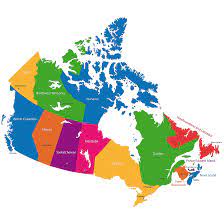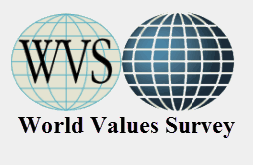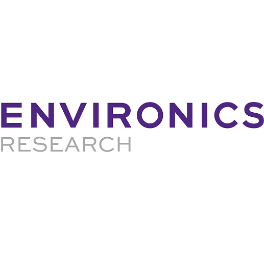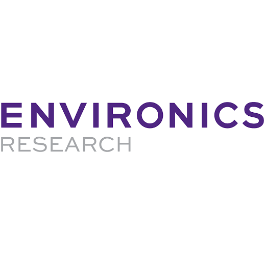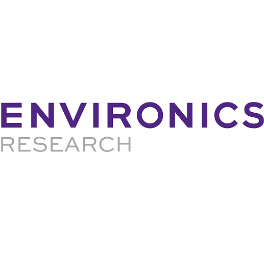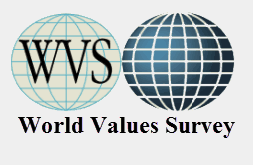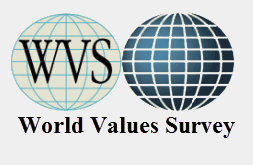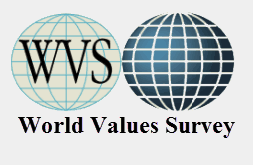Filter By
Data Projects
The Provincial Diversity Project is a survey aimed at comparing public opinions realities across provinces on identity and attachment, views about federalism, attitudes toward ethnic diversity and immigration, as well as views on social, economic and political issues.
 Region:
Region:World, Miller projection, ultra high resolution
 Collection Date:
Collection Date:2010-01-01
The World Values Survey (www.worldvaluessurvey.org) is a global network of social scientists studying changing values and their impact on social and political life, led by an international team of scholars, with the WVS association and secretariat headquartered in Stockholm, Sweden. The survey, which started in 1981, seeks to use the most rigorous, high-quality research designs in each country. The WVS consists of nationally representative surveys conducted in almost 100 countries which contain almost 90 percent of the world’s population, using a common questionnaire. The WVS is the largest non-commercial, cross-national, time series investigation of human beliefs and values ever executed, currently including interviews with almost 400,000 respondents. Moreover the WVS is the only academic study covering the full range of global variations, from very poor to very rich countries, in all of the world’s major cultural zones. The WVS seeks to help scientists and policy makers understand changes in the beliefs, values and motivations of people throughout the world. Thousands of political scientists, sociologists, social psychologists, anthropologists and economists have used these data to analyze such topics as economic development, democratization, religion, gender equality, social capital, and subjective well-being. These data have also been widely used by government officials, journalists and students, and groups at the World Bank have analyzed the linkages between cultural factors and economic development.
 Region:
Region:Argentina, Brazil, United Kingdom, Canada, Chile, China, France, Germany, India, Indonesia, Italy, Japan, Korea, Republic of, Nigeria, Russia, Spain, Sweden, Turkey
 Collection Date:
Collection Date:1999-03-01
The Millennium Poll on Corporate Social Responsibility 1999 is a survey of global public opinion on the role of companies in society. This survey is based on the the results of face-to-face or telephone surveys with representative samples of about 1,000 citizens in each of 23 countries on six continents at varying stages of development.
Canadians' Attitudes toward the Federation is a Pollara Poll Commissioned by the Mowat Centre.
 Region:
Region:Argentina, Brazil, United Kingdom, Canada, Chile, China, France, Germany, India, Indonesia, Italy, Japan, Korea, Republic of, Nigeria, Russia, Spain, Sweden, Turkey
 Collection Date:
Collection Date:2001-10-01
Environics Corporate Social Responsibility Monitor 2002 is a survey of global public opinion on the role of companies in society. This survey is based on the the results of face-to-face or telephone surveys with representative samples of about 1,000 citizens in each of 25 countries on six continents at varying stages of development. Research was carried out by respected social research institutes in each country between October and December 2001.
 Region:
Region:Argentina, Brazil, United Kingdom, Canada, Chile, China, France, Germany, India, Indonesia, Italy, Japan, Korea, Republic of, Nigeria, Russia, Spain, Sweden, Turkey
 Collection Date:
Collection Date:2000-11-23
The findings of the Environics Global Issues Monitor, 2001 Survey are based on the results of face-to face or telephone interviews with representative samples of about 1,000 citizens in each of 20 countries on five continents. Environics 2001 Global Issues Monitor survey was conducted in the following countries: Argentina, Brazil, Canada, Chile, China, France, Germany, Great Britain, India, Indonesia, Italy, Japan, Mexico, Nigeria, Russia, South Korea, Spain, Sweden, Turkey, United States. Research was conducted by respected social research institutes in each country between November 23, 2000 and February 9, 2001. In Canada, the survey was conducted by Environics Research Group Ltd. It consisted of a nation-wide telephone survey with a sample of 1,015 individuals, 18 years and older carried out between December 11 and December 19, 2000.
 Region:
Region:Argentina, Brazil, United Kingdom, Canada, Chile, China, France, Germany, India, Indonesia, Italy, Japan, Korea, Republic of, Nigeria, Russia, Spain, Sweden, Turkey
 Collection Date:
Collection Date:2001-10-08
Environics Corporate Social Responsibility Monitor 2002 is a survey of global public opinion on the role of companies in society. This survey is based on the the results of face-to-face or telephone surveys with representative samples of about 1,000 citizens in each of 25 countries on six continents at varying stages of development. The survey was fielded after September 11 in each country. Media focus on the Enron Corp. did not begin until the survey was completed in the USA.
 Region:
Region:World, Miller projection, ultra high resolution
 Collection Date:
Collection Date:2005-01-01
The World Values Survey is a global network of social scientists studying changing values and their impact on social and political life, led by an international team of scholars, with the WVS association and secretariat headquartered in Stockholm, Sweden. The survey, which started in 1981, seeks to use the most rigorous, high-quality research designs in each country. The WVS consists of nationally representative surveys conducted in almost 100 countries which contain almost 90 percent of the world’s population, using a common questionnaire. The WVS is the largest non-commercial, cross-national, time series investigation of human beliefs and values ever executed, currently including interviews with almost 400,000 respondents. Moreover the WVS is the only academic study covering the full range of global variations, from very poor to very rich countries, in all of the world’s major cultural zones. The WVS seeks to help scientists and policy makers understand changes in the beliefs, values and motivations of people throughout the world. Thousands of political scientists, sociologists, social psychologists, anthropologists and economists have used these data to analyze such topics as economic development, democratization, religion, gender equality, social capital, and subjective well-being. These data have also been widely used by government officials, journalists and students, and groups at the World Bank have analyzed the linkages between cultural factors and economic development.
 Region:
Region:World, Miller projection, ultra high resolution
 Collection Date:
Collection Date:1995-01-01
The World Values Survey is a global network of social scientists studying changing values and their impact on social and political life, led by an international team of scholars, with the WVS association and secretariat headquartered in Stockholm, Sweden. The survey, which started in 1981, seeks to use the most rigorous, high-quality research designs in each country. The WVS consists of nationally representative surveys conducted in almost 100 countries which contain almost 90 percent of the world’s population, using a common questionnaire. The WVS is the largest non-commercial, cross-national, time series investigation of human beliefs and values ever executed, currently including interviews with almost 400,000 respondents. Moreover the WVS is the only academic study covering the full range of global variations, from very poor to very rich countries, in all of the world’s major cultural zones. The WVS seeks to help scientists and policy makers understand changes in the beliefs, values and motivations of people throughout the world. Thousands of political scientists, sociologists, social psychologists, anthropologists and economists have used these data to analyze such topics as economic development, democratization, religion, gender equality, social capital, and subjective well-being. These data have also been widely used by government officials, journalists and students, and groups at the World Bank have analyzed the linkages between cultural factors and economic development.
 Region:
Region:World, Miller projection, ultra high resolution
 Collection Date:
Collection Date:1990-01-01
The World Values Survey is a global network of social scientists studying changing values and their impact on social and political life, led by an international team of scholars, with the WVS association and secretariat headquartered in Stockholm, Sweden. The survey, which started in 1981, seeks to use the most rigorous, high-quality research designs in each country. The WVS consists of nationally representative surveys conducted in almost 100 countries which contain almost 90 percent of the world’s population, using a common questionnaire. The WVS is the largest non-commercial, cross-national, time series investigation of human beliefs and values ever executed, currently including interviews with almost 400,000 respondents. Moreover the WVS is the only academic study covering the full range of global variations, from very poor to very rich countries, in all of the world’s major cultural zones. The WVS seeks to help scientists and policy makers understand changes in the beliefs, values and motivations of people throughout the world. Thousands of political scientists, sociologists, social psychologists, anthropologists and economists have used these data to analyze such topics as economic development, democratization, religion, gender equality, social capital, and subjective well-being. These data have also been widely used by government officials, journalists and students, and groups at the World Bank have analyzed the linkages between cultural factors and economic development.

